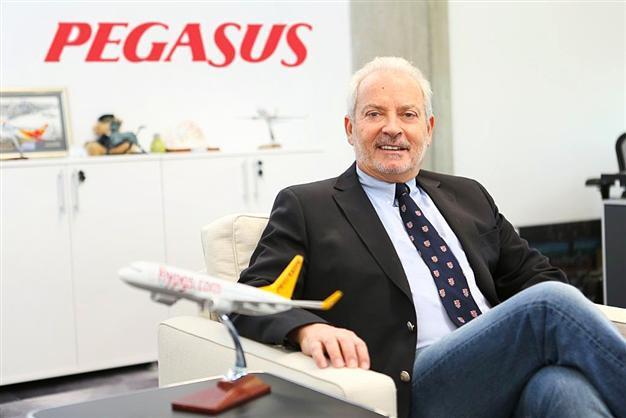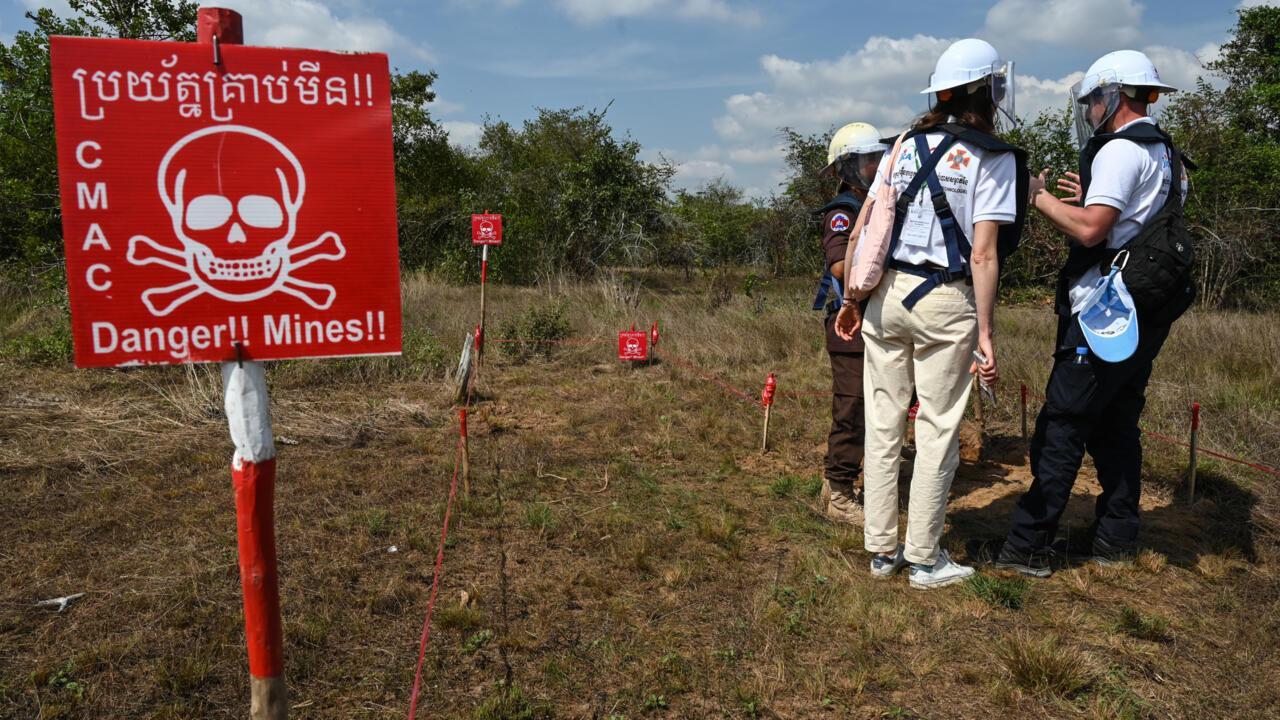Turkish low cost carrier eyes new routes in Russia, Middle East, North Africa
ISTANBUL - Reuters

HÜRRİYET Photo
Turkey’s low cost carrier Pegasus wants to secure licenses to serve new routes, particularly in Russia, the Middle East and North Africa, company CEO Sertaç Haybat has said.“We could be growing slower than we want due to the limited frequency distribution. So we are closely following growth opportunities in neighboring countries and places elsewhere,” Haybat told journalists.
He added that Pegasus has been in talks for a joint venture in Kazakhstan, while similar demands also come from Africa.
“We see great potential in Russia and Central Asian countries, but we cannot realize this potential. This is also the case in Saudi Arabia, Iran, Jordan or Lebanon. There is huge potential, but the limited traffic rights have been obstructing our potential,” Haybat said.
The company’s primary target is to receive licenses for flights to new routes in Russia, the Middle East and North Africa next year, he revealed.
“It is, however, not clear how the traffic rights will be distributed in Turkey. We never get what we want, so we cannot be selective in picking up new routes,” he said.
Pegasus currently has flights to and from 91 points, 60 of which are overseas.
Haybat said another factor limiting the company’s growth potential is Istanbul’s airport capacity.
“The third airport is set to come online by 2017. Istanbul’s air traffic will be deadlocked if any delay happens in the opening of the airport … Therefore, Atatürk Airport should not be closed and the capacity of Sabiha Gökçen Airport should be extended, in addition to making the third airport come online,” he added. Atatürk Airport, located on Istanbul’s European side, is set to close once the huge under-construction third airport is opened.
Haybat said Pegasus Airlines had increased its passenger numbers by 10.8 percent in the first three months of the year from the same period of 2014.
“We expect to close the year with an increase in passenger numbers at around 15 percent,” he said.
The company carried a total of 19.74 million passengers throughout 2014.
Pegasus Airlines now has 61 airplanes and this figure will increase to 65 by the end of 2015, Haybat said, adding that future orders will depend on whether frequency problems can be solved.
“We want to secure 25 optional airplanes, but we do not know how much frequency or what traffic routes we will have. This makes it difficult for us to make a decision about our airplane acquisitions,” he said.
The Pegasus CEO added that the company would be taking possession of a total of 75 airplanes from Airbus by 2022, but it has no plans to buy wide bodies at the moment.
















